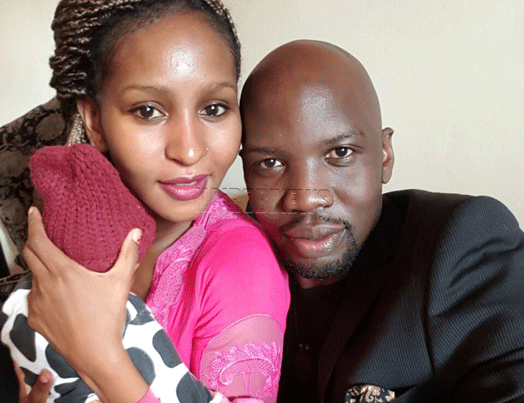Kabogo Justifies ICT Experience During Vetting
The political landscape in Kenya is abuzz with discussions around William Kabogo’s vetting for the position of Cabinet Secretary for Information, Communications, and the Digital Economy. Kabogo, a former Kiambu Governor and seasoned politician, has been nominated by President William Ruto to take on this critical role, which has seen significant turnover in recent times.
The vetting process, conducted by the National Assembly Committee on Appointments, kicked off today with a focus not only on Kabogo’s competence for the role but also on his past actions and statements. Kabogo appeared before the committee, under the scrutiny of Speaker Moses Wetang’ula and other members, in what was anticipated to be a day of intense questioning and review.
From the outset, the questions directed at Kabogo revolved around his ability to handle the complexities of the digital economy and ICT sector, areas where he has not previously demonstrated extensive expertise. Posts on X have highlighted concerns about Kabogo’s understanding of digital innovation, with some suggesting that his answers during the vetting did not fully address the nuances of digital deterrence and content monitoring. This includes addressing how he would combat the spread of fake news on platforms like KOX (Kenya Online eXchange), a significant issue in Kenya’s digital landscape.
In his defense, Kabogo emphasized his familiarity with the country, having traveled extensively during his political career, suggesting this could translate into a broad perspective on connecting Kenya digitally. He aimed high, expressing a vision to be “the minister who connected Kenya 100%,” focusing on bridging the digital divide.
However, the vetting wasn’t solely about policy and vision. Kabogo had to address past controversies, particularly allegations related to drug trafficking. He categorically denied these claims, stating that police investigations had cleared him of any wrongdoing. This aspect of the vetting underscores the personal scrutiny that accompanies such high-profile nominations.
The session was also marked by Kabogo’s attempt to project an image of integrity and commitment to public service. His responses aimed to reassure the committee and the public of his readiness to tackle the challenges of the ICT docket, although some posts on X have expressed skepticism about his suitability based on the day’s proceedings.
As the vetting process continues, its outcome remains pivotal not just for Kabogo’s political career but for the direction of Kenya’s digital policy. The Ministry of Information, Communications, and the Digital Economy plays a crucial role in driving the country’s technological advancement and managing the digital space, making the choice of its leader a matter of national interest.
Kabogo’s vetting is part of a broader reshuffle in President Ruto’s Cabinet, aiming to align government leadership with the Bottom-Up Economic Transformation Agenda (BETA). The public and political analysts alike are watching closely, as the decisions made today could shape Kenya’s digital future for years to come.








